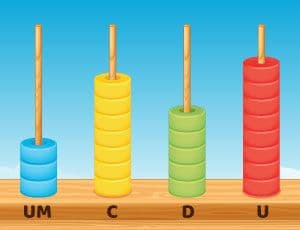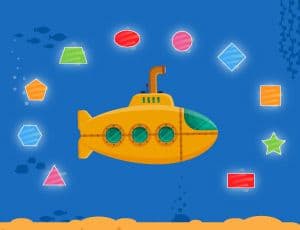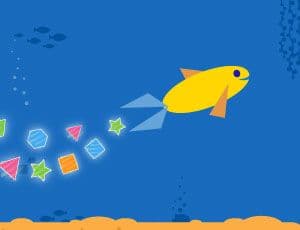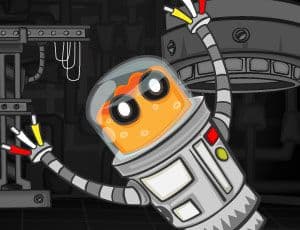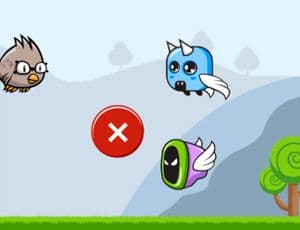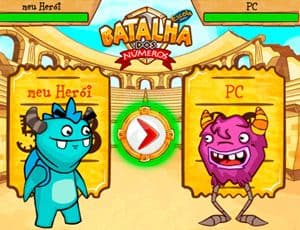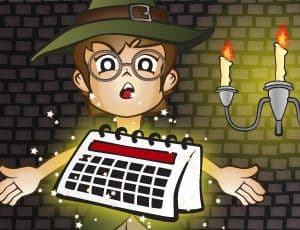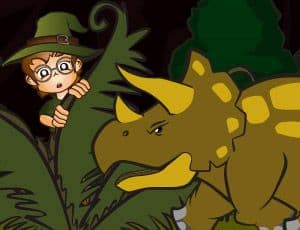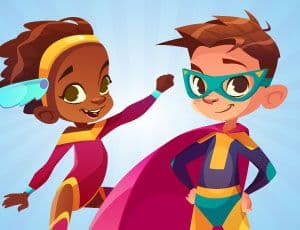2nd grade - Mathematics - Educational Games
BY GRADE
BY SUBJECT

Mathematics
Specific Competencies:
Recognize that Mathematics is a human science, a product of the needs and concerns of different cultures at different historical moments. It is a living science that contributes to solving scientific and technological problems and underpins discoveries and constructions, including those with impacts on the world of work.
Develop logical reasoning, an investigative spirit, and the ability to produce convincing arguments, drawing on mathematical knowledge to understand and act in the world.
Understand the relationships between concepts and procedures from different fields of mathematics (Arithmetic, Algebra, Geometry, Statistics, and Probability) and other areas of knowledge, feeling confident in their ability to build and apply mathematical knowledge, thereby developing self-esteem and perseverance in the search for solutions.
Systematically observe quantitative and qualitative aspects in social and cultural practices to investigate, organize, represent, and communicate relevant information. This enables interpretation and critical and ethical evaluation, leading to the production of convincing arguments.
Use mathematical processes and tools, including available digital technologies, to model and solve everyday, social, and cross-disciplinary problems. This involves validating strategies and results.
Confront problem situations in multiple contexts, including imagined situations not directly related to practical utility, express their responses, and synthesize conclusions using different representations and languages (graphs, tables, diagrams, as well as written text in the mother tongue and other languages for describing algorithms, such as flowcharts, and data).
Develop and/or discuss projects that address urgent social issues, particularly based on ethical, democratic, sustainable, and solidarity principles. This involves valuing the diversity of opinions from individuals and social groups, without prejudice of any kind.
Interact cooperatively with peers, working collectively in planning and developing research to answer questions and seek solutions to problems. This includes identifying consensual or non-consensual aspects in the discussion of a particular issue, respecting colleagues' ways of thinking, and learning from them.




